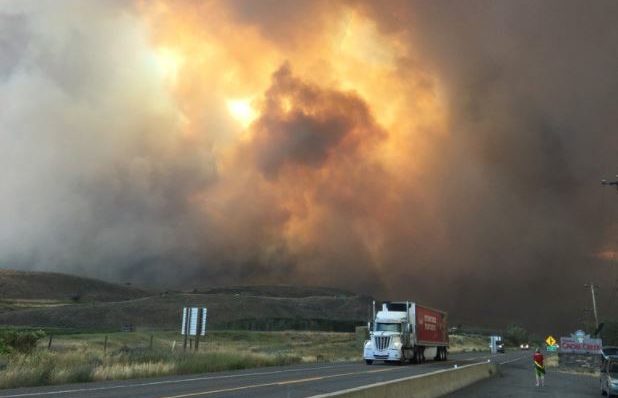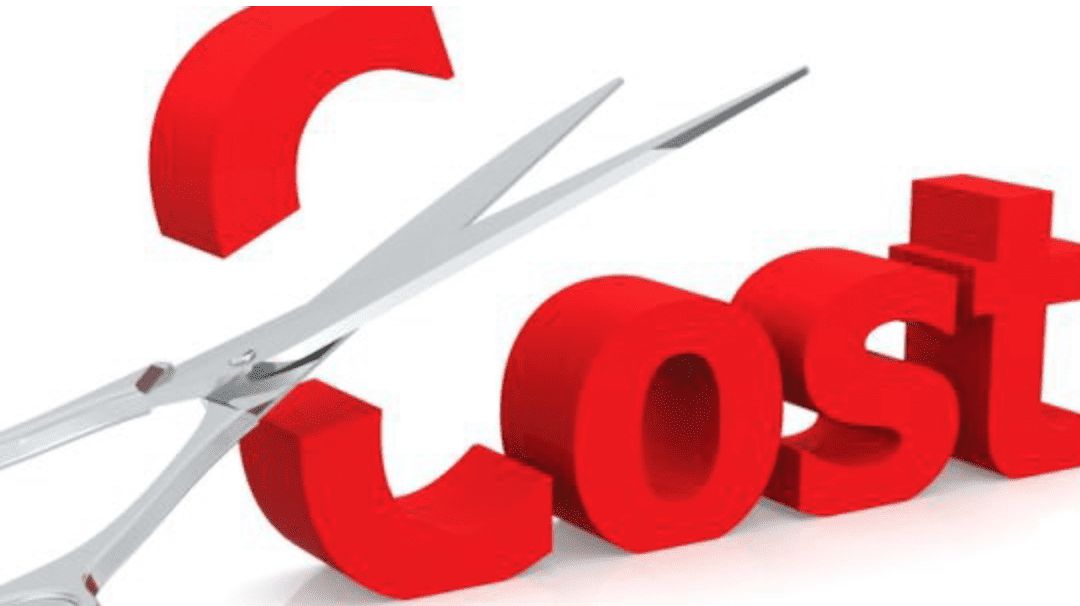
by jen | Nov 9, 2017 | Uncategorized
When an employee becomes sick or injured, it can deal quite a blow to your company. Not only does their absence affect the morale and overall atmosphere of the work environment, but it can harm productivity and can be costly to the business. Having a solid Disability...

by jen | Oct 26, 2017 | Uncategorized
Illness and injury can happen to anyone at any time. In fact, the chances of experiencing a disability for three or more months before the age of 65 is one in three and if you have an employee who is recovering from an injury or illness, they may require help and...

by jen | Sep 27, 2017 | Uncategorized
When an employee is away on disability leave, it can cause both professional and personal turmoil for the employer. On one side, the employer must manage the employee’s duties while they are on leave either by redistributing them among the team or by hiring a...

by jen | Aug 25, 2017 | Uncategorized
The summer of 2017 will forever be etched in the memories of many British Columbia residents – this year has officially been declared as the worst wildfire season on record. At the peak of the fires this past July, over 45,000 people had to be evacuated from their...

by jen | Aug 17, 2017 | Uncategorized
As the sole funders of WorkSafeBC, it’s safe to say that employers are alarmed when seeing major fluctuations in premiums. Where is the consistency? On May 25, 2017, the Board of Directors approved the release of a discussion paper with options and proposed policy...

by jen | Jul 7, 2017 | Uncategorized
For many years, the WSIB struggled with an enormous unfunded liability which soared to a massive $14.2 B in 2011. Since that time, the UFL has been cut by more than half to its current level of $5.6 B. This reduction will allow greater flexibility both to serve...








Recent Comments